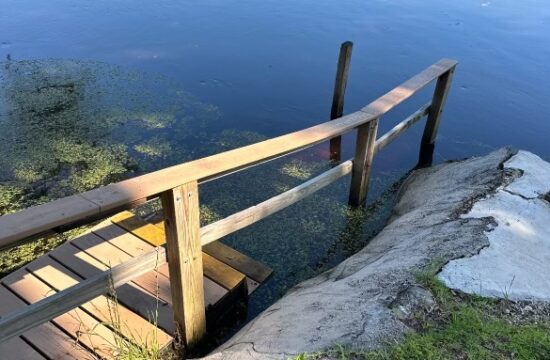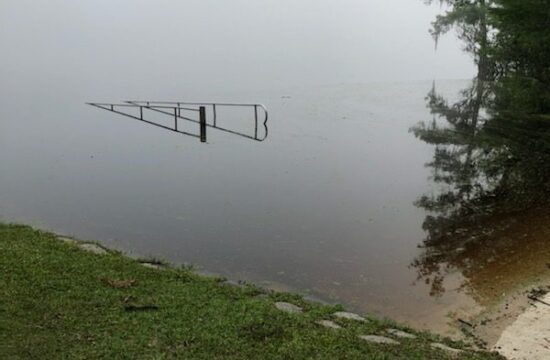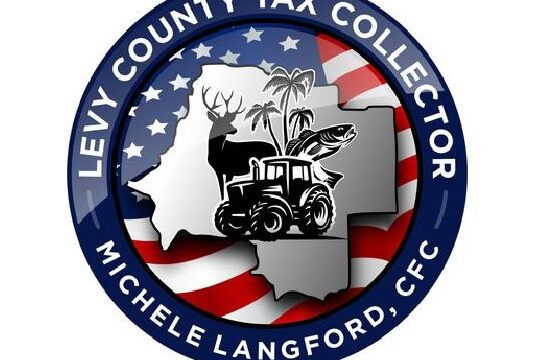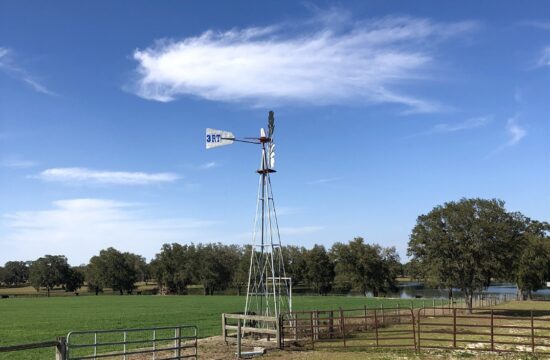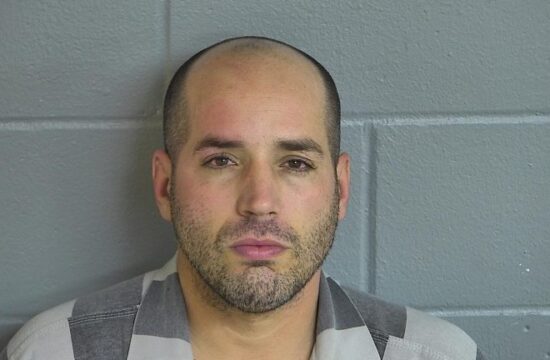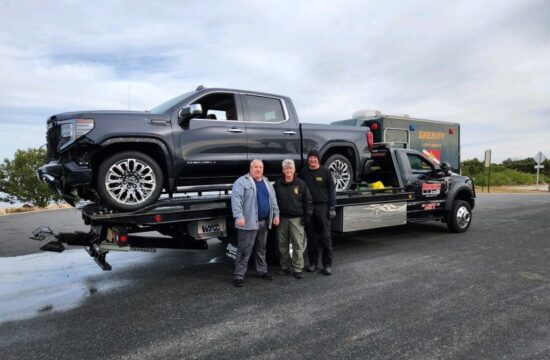By Terry Witt – Spotlight Senior Reporter
After two years of discussions, elected officials in Bronson, Otter Creek, and Cedar Key are preparing to create the Waccasassa Water and Wastewater Cooperative, an agency serving all three communities, but before anything can happen, elected officials from all three cities must sign an agreement giving WWWC the ability to function.
The Suwannee River Water Management District’s Board of Directors (SRWMD) has unanimously approved recommending the cooperative for about $110 million of state funding to build water and sewer pipelines from Bronson to Cedar Key, a distance of about 33 miles, and a wastewater treatment plant and well field somewhere in the Bronson area.
As always, the devil’s in the details.
Bronson Town Attorney Steven Warm and Evan Rosenthal, an attorney representing the Cedar Key Water and Sewer District, are nearly finished writing a 48-page legal agreement that the Bronson Town Council, Otter Creek City Council, and Cedar Key Water and Sewer District would have to sign before any state funding could be approved to build the water and sewer utility.
If any of those three elected boards can’t get a majority vote to create the cooperative, all the efforts of the past two years have been wasted. The cooperative can’t exist, even on paper. At this point, the cooperative is a twinkle in the eye of certain elected officials, but it doesn’t officially exist, even on paper, until all three elected boards sign on the dotted line.
It’s All Applications at This Point
SRWMD Chief Professional Engineer Leroy Marshal explained at a May 23 workshop in Bronson that the current status of funding for the project consists of two applications, one for sewer and one for water, and both have been sent to the Florida Department of Environmental Regulation for review and potential funding approval. While Marshal remains optimistic that funding can be approved, he was cautious not to get hopes too high.
“The only thing I want to reiterate is that everything that is happening now is in some kind of application. I cannot guarantee anything. We’re talking hypothetically in the way we want things to happen if everything happens the way it’s supposed to,” he said. “Even sending the application to the district (SRWMD) I cannot guarantee that funding. I just don’t want everyone in this room walking away saying this funding is going to happen, it’s guaranteed. I cannot say that at this point. There is a lot of traction. People know about it. People are interested. I’ve heard only positive comments at the state level, so I have high hopes everything will work out.”
Assuming all three elected boards sign off on the agreement, the next step would be for the three cities to file for startup funding this summer through what is known as a “conceptual portal” at the SRWMD, a website where the cooperative can submit an application to pay for about two years of startup costs including attorney’s fees, hiring staff, and accepting grants for the cooperative.
“We’re pretty much committed to forming the cooperative now. The cooperative’s going to have to hire some people, pay some lawyers and we have to get funded,” Warm said.
Warm questioned Marshal on whether Bronson could be saddled with expenses it can’t afford to pay if the project for some reason isn’t fully funded by the state, and he wanted to know at what point the town could pull the plug if need be. Marshal said the town could back out late in the process, but for now, the funding agencies need some type of resolution stating that the cooperative is a legal entity that can administer the state funds.
The Levy County Commission hasn’t made any commitment to joining the cooperative, according to Commissioner John Meeks who observed and listened to the May 23 workshop through a Zoom connection. Meeks said the county commission is in observation mode right now and isn’t committed in any way to joining the cooperative.
“At this point, we’re not a member of the cooperative,” Meeks said. “That could change if we get a presentation like this at a board meeting.” Those involved in creating the cooperative have discussed serving the unincorporated communities of Rosewood and Sumner using the same pipes that provide water and sewer to the three incorporated cities. The county commission would have to join the cooperative and agree to serve Rosewood and Sumner with water and sewer to make that happen.
Setting Rates, Revenue Concerns
Marshal said a feasibility study, written by Wetlands Solutions, Inc. indicated the three-city cooperative is possible. The cooperative would hire a contractor to build the wastewater plant, well field, and pipelines between Bronson and Cedar Key. All three cities would have pipeline “taps” to connect their municipality to the water and sewer pipelines. The cities would continue to run their own water and sewer systems inside their city limits. The cities would set their own utility rates but would buy their bulk water and sewer from the cooperative. The cooperative would set wholesale rates to sell water and sewer services to those communities. Cities would have to calculate how high to set their rates to make enough profit to operate their own systems.
Susan Beaudet, town manager of Bronson, was concerned that Bronson would be losing its biggest revenue generator if it no longer pumped water from the ground and sold it to its citizens. The town also has a big sewer loan to repay which has already driven up sewer and water utility rates in the town in the past year or so. Marshal said the city would be in charge of setting its own utility rates just as it does now, and Bronson would have one representative seated on the cooperative board setting the bulk rates for the co-op.
Councilman Tyler Voorhees echoed sentiments similar to Beaudet, indicating he doesn’t want the base water rates for the town to climb from $15 to $50 per month because the cooperative’s rates have been added to the picture. Marshal doubted that would happen. He said the town would control its own destiny when it came to setting rates at the local level and he sees no reason for local rates to rocket upwards.
Pretty Far Fetched, Seed Funding
Bronson Mayor Robert Partin, responding to questions from Bronson Public Works Director Curtis Stacy, said the town would retain its water plant and sewer plant and would be responsible for maintenance of those facilities, but he anticipates the well field the town currently uses to sell water to its citizens would remain operational for emergency purposes if nothing else. The town would be purchasing its bulk water and sewer from the cooperative.
Tim Alexander, deputy director for business and community services in SRWMD said when he first looked at what was being proposed for the Waccasassa Water and Wastewater Cooperative, it looked “pretty farfetched” on paper, but he was surprised when he saw all the support the regional facility was getting from all sectors at the state level. He said there is an emphasis at the state level to fund regional facilities of this type.
He encouraged the three communities to immediately begin preparing to file for startup funding for the cooperative as soon as an agreement is reached to form the water and wastewater agency. He said when the Nature Coast Regional Water Authority was formed with the intent of providing Fanning Springs water to Old Town, the first order of business was requesting startup funding from SRWMD. He said the funding was used to pay for roughly the first two years of operation until the agency could stand on its own, administer its facilities and apply for grants. Fanning Springs assessed a surcharge on surrounding counties to take care of its costs.
“We’re very supportive of finding startup seed funding,” he said.
The cooperative, at this point, doesn’t exist. Officials involved in the discussions can only wait to see if Cedar Key, Otter Creek, and Bronson sign the agreement creating the organization on paper.
Funding would probably come from a combination of Alternative Water Supply and Springs funding and State Revolving Fund loan money, but Marshal said he doesn’t foresee the three communities being stuck with having to repay a loan or come up with local funding to build the cooperative from the ground up. He assured Warm there would be plenty of advance notice to back out if it appeared Bronson would have to come up with money to help fund construction of the plant, wellfield, and pipelines. Beaudet assured Marshal the town can’t afford to take on any debt connected with the cooperative.
Bad Water, Moving CK Plant
Cedar Key and Otter Creek stand the benefit the most from the cooperative. Neither city has good drinking water. Cedar Key Water and Sewer District Superintendent James McCain said the city spends a considerable amount of money annually treating its water to remove iron and dissolved solids to meet state water quality standards. Otter Creek’s water may be as bad or worse than Cedar Key. Bronson has the best quality water by far, which is why the water will be pumped from Bronson to Otter Creek and Cedar Key.
Cedar Key has another potential problem. Its current wastewater plant is located in the heart of the island city. The town is one major hurricane away from the plant being leveled and sending thousands of gallons of untreated sewage into nearby bays where the multimillion-clam industry is flourishing. The city would benefit greatly if the cooperative built a wastewater plant somewhere near Bronson and its sewage was pumped off the island for treatment somewhere inland.
Designing Wastewater Plant
Marshal said a decision hasn’t been made concerning the actual design of the wastewater treatment plant. He said the wastewater treatment plant could be designed to treat the sewage to reclaimed water standards. Reclaimed water isn’t drinkable but it could be used to fertilize farm fields or lawns. The wastewater plant also could be designed to provide a more advanced form of treatment to drinking water standards. The treated drinking water could be pumped back into the ground to supplement the aquifer. He said the wastewater plant could also be built to a less costly level of treatment to release the treated water to spray fields, which is a common method used for sewage treatment plants.
Partin said a decision hasn’t been made on where the wastewater plant and new well field would be established in the Bronson area. Bronson, in the minds of some people, stands to benefit the least because it already pumps clean water to its residents and has a working sewer system. SRWMD has approved sending a separate funding application for Bronson to DEP that would pay for an expansion of the city’s sewer system to every resident in town. Partin said the town would benefit by being part of a cooperative and having a great deal more financial firepower to meet the demands of growth and keep pace with the maintenance of the water and sewer systems, something the city struggles with currently.
The Rates Question
It’s unclear at this point whether Bronson would pay the same rates at Cedar Key and Otter Creek for sewer and water given the fact that Bronson would be closest to the well site and wastewater plant. The water and wastewater wouldn’t have to be pumped any great distance. Partin said common sense would tell you that Cedar Key, being the farthest point from the wellfield and wastewater plant would probably pay more than Bronson. But once again, the devil’s in the details. Bronson would probably have one vote on the board of directors for the cooperative and could be outvoted on issues of that nature. No one really knows at this point how that would work. What is known is that there would be a cooperative board of directors and Bronson, Cedar Key, and Otter Creek would probably have one vote each. How the politics would play out is anyone’s guess.
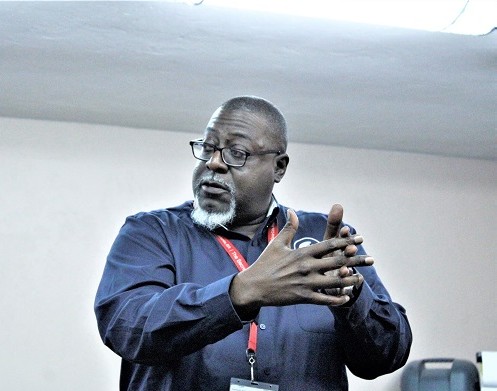
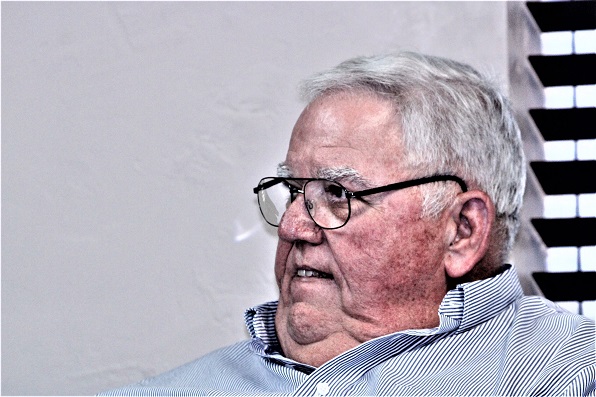
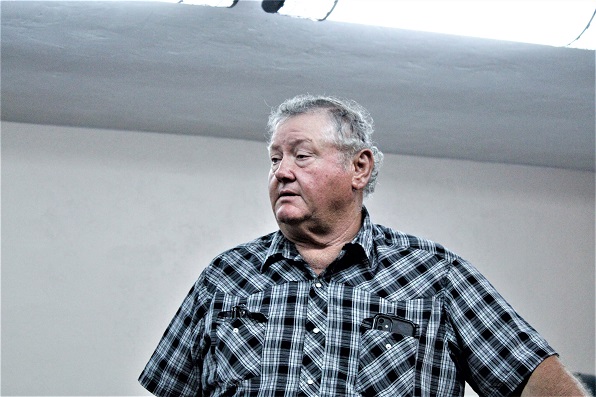
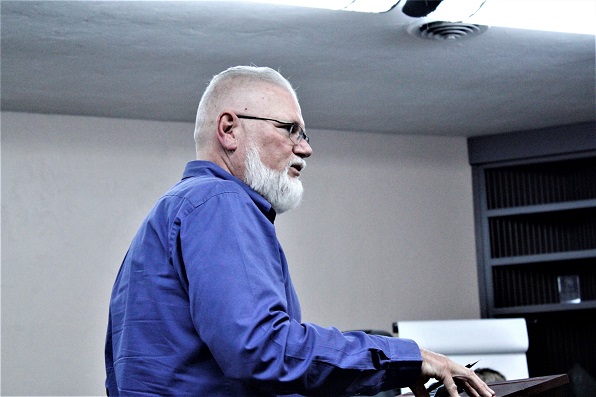
—————————–
Enterprise Reporting by Terry Witt May 23, 2023; Posted May 29, 2023






